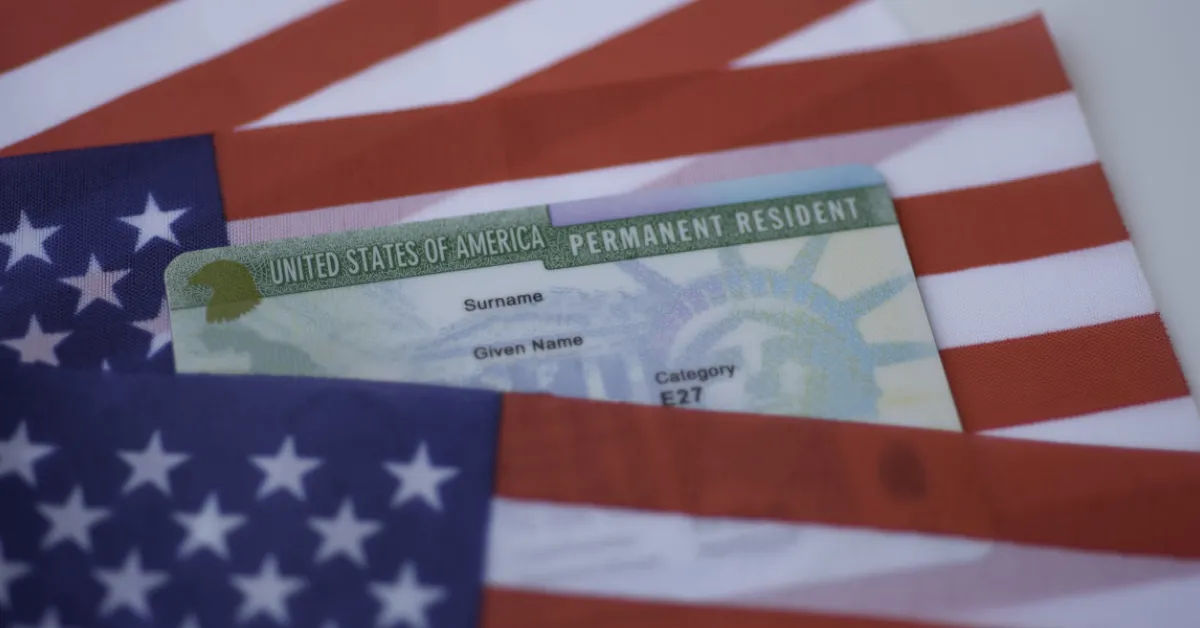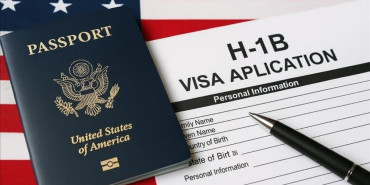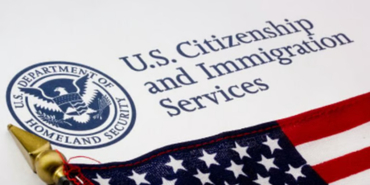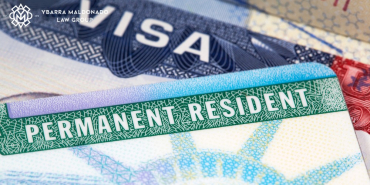Trump Administration to Tighten Scrutiny of "Good Moral Character" in Citizenship Process

The Trump administration has implemented a major change to the naturalization process, requiring US Citizenship and Immigration Services (USCIS) officers to conduct a more detailed evaluation of applicants' "moral character."
This shift departs from previous standards, which primarily focused on criminal history, and has sparked criticism over concerns of potential bias and inconsistency. For years, proving "good moral character" for naturalization was mainly about showing the absence of serious criminal convictions or immigration violations. However, the new directive calls for a "holistic assessment" of applicants, expanding the evaluation to include behavior, community involvement, and perceived contributions to society.
This change moves beyond assessing unlawful acts and instead considers whether an applicant aligns with an often vague notion of "Americanness." The policy introduces both positive and negative factors into the evaluation. Positive attributes, such as community service, educational achievements, and consistent tax payments, are now taken into account. On the other hand, behaviors that are technically legal but may be seen as problematic, like repeated traffic violations or aggressive public behavior, could also be grounds for denying citizenship.
While the policy allows for consideration of an applicant's rehabilitation, critics argue that the subjective nature of the assessment could lead to arbitrary decisions and discrimination. Matthew Tragesser, a USCIS spokesperson, defends the new approach, framing it as an effort to ensure that American citizenship is a privilege reserved for "the best of the best." This rhetoric suggests a broader administration goal of tightening immigration rules, presenting citizenship not just as a legal status but as a moral judgment.
Critics warn, however, that this could favor individuals who fit a narrow, unspoken vision of American identity. Opponents of the policy argue that the vague definition of "good moral character" opens the door for decisions based on minor infractions or cultural differences. Doug Rand, a former USCIS official, points to the inclusion of traffic violations as a troubling example, suggesting that even minor offenses could be used to block otherwise qualified applicants.














Add new comment